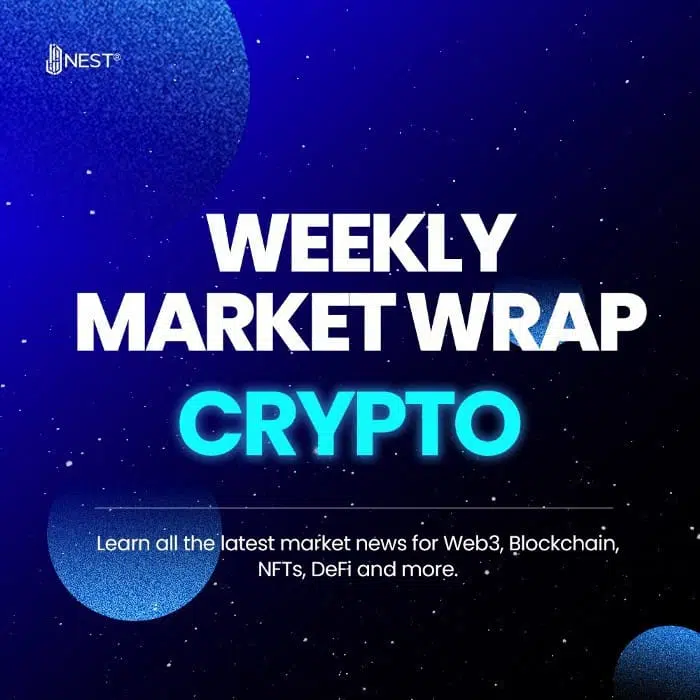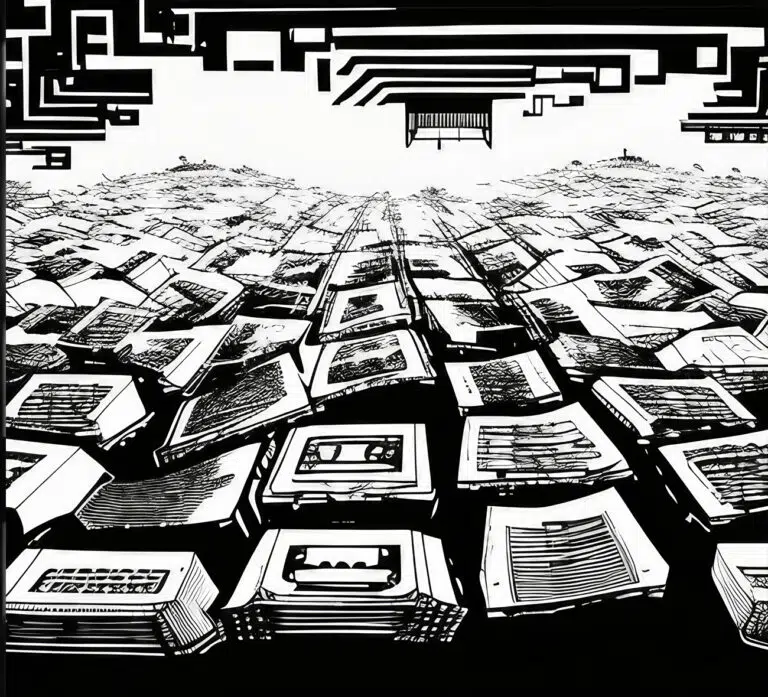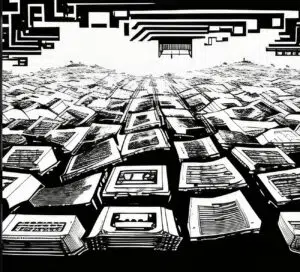
CRYPTO MARKET UPDATE — NEGATIVE FUNDING RATES
The week hasn’t had much to cheer upon as cryptocurrencies have been down. Bitcoin has lost 8% since the start of the week on fears of another rate hike expected later this month. Fears have arisen after U.S. Fed Chair Jerome Powell’s recent comments on rate hikes to be expected until the government is able to control inflation. Ethereum has also lost 8% with liquidation volumes being twice that of Bitcoin — probably due to fears of the upcoming merge.
Funding rates for both Bitcon and Ethereum continued to remain negative for both Ethereum and Bitcoin. The macroeconomic picture has bled into prices for derivatives, which are contracts whose value is dependent on an underlying asset or group of assets — this has kept funding rates negative since May. Funding rates are periodic payments between traders to make the perpetual futures (no expiry date) contract price close to the index price, or the underlying crypto constituting the futures contract.
When funding rates remain negative, it indicates how traders are short, or expect the market to go down. In the current market scenario, the wealth of shorts (sellers) in the perpetuals market has created an interest for longs (buyers) as the prices of Bitcoin and Ethereum in the futures market are lower than their index prices. Although there are many shorts in the market, the growing premium has placed a demand for longs. This demand could eventually create a short-term bull scenario as traders look to capture value
in the perpetual futures market.
FEAR OVER THE FUTURE OF BITCOIN
With Ethereum soon moving to a Proof-of-Stake consensus, Vitalik Buterin has raised concerns on the future of Bitcoin and sustainability in the future. The sustainability of a protocol is based on the revenue it generates from the transactions that can be distributed to participants that help support the system — in the case of Bitcoin will be those involved in mining. Due the high costs of mining the transaction volumes tend to be lower and overall revenue generated is also low.
Bitcoin averaged $225,000 over the past week which trails DeFi platforms like Avae and Uniswap. Ethereum generated ~$2.7million during the past week. With the max supply of BTC capped at 21 million and the network having to rely solely on transaction fee’s the future of Bitcoin will be a matter of concern.
ETHEREUM MERGE| REPLAY ATTACK| OPENSEA NOT TOSUPPORT ETHEREUM FORKS
With the Ethereum merge just around the corner; one of the biggest concerns is the fork, or split, Ethereum and preserve an alternative, proof-of-work version of the network. There exists a likelihood that all digital assets currently built on Ethereum will be duplicated come the merge. The real versions of NFTs and stablecoins will exist on the post-merge, proof-of-stake Ethereum network, but copies of those assets will also exist on the new, forked proof-of-work network, if it materializes.
However the value of these will be far less than the legitimate one on the Ethereum PoS network; and could tempt owners to sell the same.
This could give rise to what is called a replay attack. This is when an attacker can duplicate these transactions in a manner that would allow them to steal the real, much more valuable version of the asset on the real Ethereum PoS blockchain. Just after the relatively worthless “copied” asset is sold on the
forked chain, a hacker could, theoretically, replicate that transaction on Ethereum and fool the blockchain by making a seemingly real record of a fake transaction.
The merge is expected to take 12 minutes — where the entire network will shift to the new POS network. Suggestions to the general public are to not transact during this 12 minute window — “Just sit and do nothing”.
OpenSea a leading NFT marketplace has announced that post the merge only assets on the PoS chain will be supported. This will be a relief for the general user as they are guaranteed that they will not be purchasing duplicate or fake NFT’s of the Ethereum forked chain. Circle and Coinbase are also considering
to create 2 separate assets on the platform post the merge so that users can identify from which chain they are transacting.






